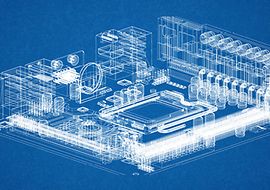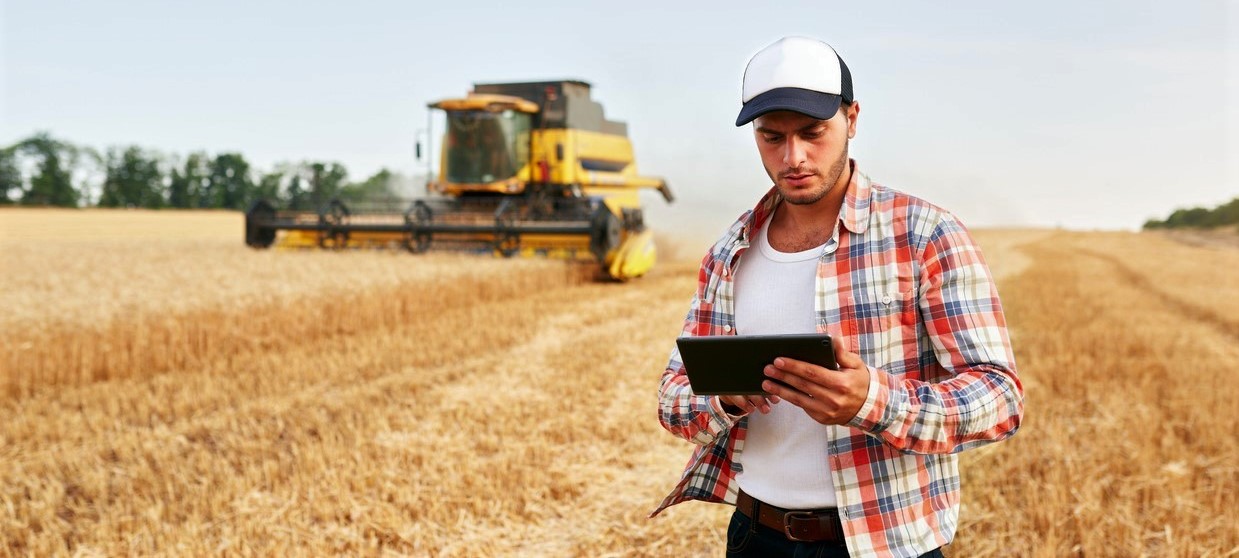Circular Economy

© Thomas Lambert / unsplash.com
Here is a selection of various standards and specifications relevant to the Circular Economy.
Standards and specifications
The standardization deliverables under the double logo CEN-CENELEC, in the range from EN 45550 to EN 45559 "General methods for assessing the material efficiency aspects of energy-related products for ecodesign" were developed under the standardization mandate M/543 of the European Commission and are intended for possible application to all products falling within the scope of Directive 2009/125/EC for energy-related products.
The topics covered in the standards are linked to the following aspects of material efficiency:
a) Extension of the useful life of products;
b) Ability to reuse components of products or recycle materials at the end of their useful life;
c) Use of reused components and/or recycled materials in products.
These standards are general and describe or define basic principles, concepts, terminology or technical characteristics. On the basis of these standards, product-specific or product group-specific standards are to be developed by product-specific technical committees. The application or implementation of these standards helps to generate as little waste as possible by using products, materials and resources for as long as possible to create a sustainable, low-carbon, resource-efficient and competitive economy.
The standards project ISO/WD 59020 “Circular Economy - Measuring circularity framework“ specifies a general framework for measuring circularity, taking into account sustainability (environmental, social and economic).
 © Jelena83/Getty Images
© Jelena83/Getty Images
DIN SPEC 3105 “Open Source Hardware“ will lay down requirements for open source hardware, in particular, which (technical) documentation is to be made openly and freely accessible so that the freedoms formulated in the definition are guaranteed. The specification defines the term “open source hardware” and other terms necessary for understanding this subject.
The standards project ISO/WD 59004 “Circular Economy – Framework and principles for implementation“ specifies a framework and principles for the implementation of a Circular Economy and provides guidance on their implementation for activities of all organizations involved to contribute to the sustainable development goals. It contains definitions for reaching a common understanding of the Circular Economy, its framework and principles.
This document is applicable to all private, public and non-profit activities (household, commercial, industrial, etc.) that have an economic, social and environmental impact on the planet.
The activity is considered with an integral perspective of life-cycle thinking along the value chain, including resource extraction, production of products and services, use of products and services and new-life management.
The standard IEC 62430 “Environmentally conscious design (ECD) - Principles, requirements and guidance” specifies requirements and procedures for how an organization can integrate environmentally conscious design into design and development processes. It is not a product standard and therefore does not describe requirements that apply to individual products or a range of products.
ISO 14009 "Environmental management systems - Guidelines for incorporating material circulation in design and development" provides guidelines to assist organizations in systematically introducing, documenting, implementing, maintaining and continuously improving material circulation in their design and development using an environmental management system (EMS). These guidelines are to be used by organizations implementing an EMS in accordance with ISO 14001. They can also help integrate material circulation strategies into design and development when other management systems are used, and can be applied to any organization regardless of its size or activity.
The standards project ISO/WD 59010 “Circular Economy - Guidelines on business models and value chains“ provides organizations with a guide to basic aspects needed to develop business models and value chains that effectively contribute to a Circular Economy and the sustainable development goals.
This standard aims to help an organization or group of organizations redesign both their own and collective activities to transform a linear business model and associated value chains into circular ones. It also helps organizations to improve the circular use of resources while promoting social, environmental and economic benefits.
The Technical Report ISO/CD TR 59031 “Circular economy - Performance-based approach - Analysis of cases studies“ will include a collection and analysis of case studies for the implementation of specific aspects of the Circular Economy. The proposed Technical Report (TR) will focus in particular on the functional economy, service economy, product economy, Product-Service Systems (PSS), Product as a Service (PaaS) and other approaches whose benefits are realized through the provision of a service or function without the user having to acquire ownership of a physical product.


